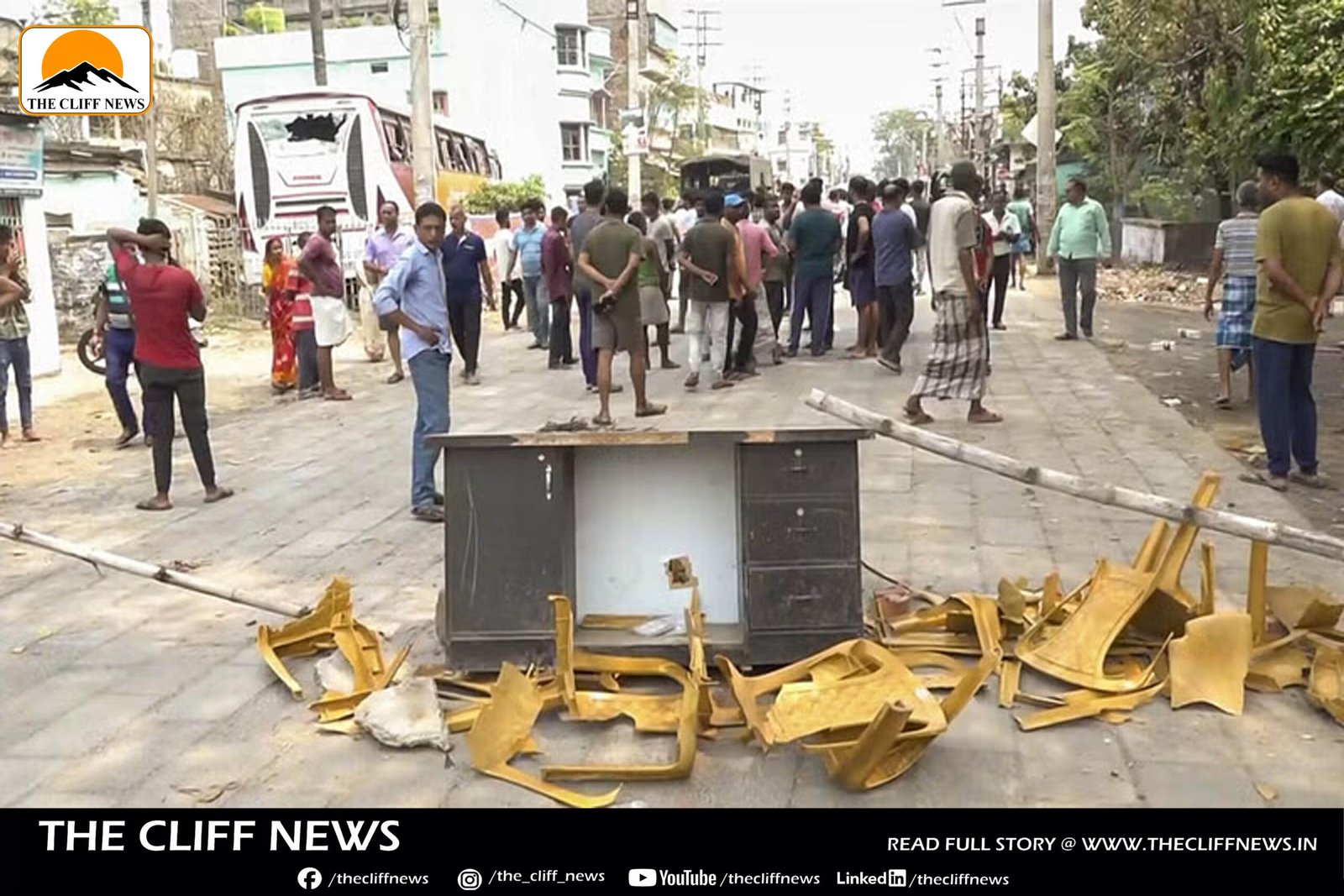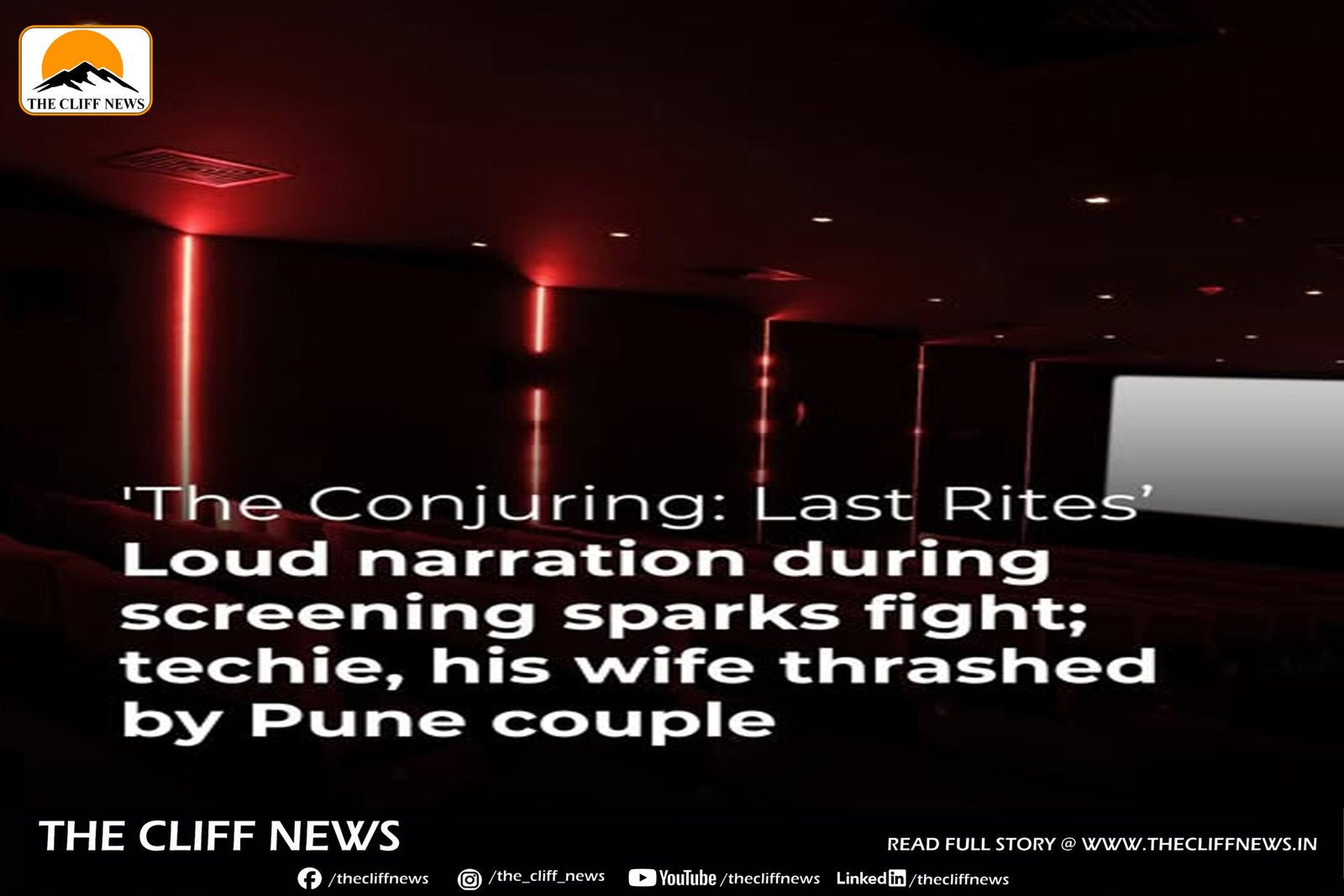In a significant development, one of the prime accused in the brutal murder of a father and son in West Bengal’s violence-hit Murshidabad district has been arrested, police confirmed on Sunday. The killings took place in the Jafrabad locality of Shamsherganj during protests over the Waqf Act on April 11. The victims, identified as Harogobindo Das and his son Chandan Das, were found murdered with multiple stab wounds at their residence, sparking outrage and heightened tensions in the area.
The arrest was made by the Special Task Force (STF) of the West Bengal Police in coordination with the Special Investigating Team (SIT). The accused, identified as Ziaul Sheikh, a resident of Sulitala Purbapara — a village adjacent to Jafrabad — had been absconding since the day of the incident. He was apprehended from a hideout in Chopra in the Uttar Dinajpur district on Saturday. According to a senior police officer, Sheikh was among the key conspirators who allegedly instigated a mob to vandalize the victims’ residence, ultimately leading to their murder on April 12.
This is the fourth arrest in connection with the double murder. Earlier, the police had taken into custody two brothers — Kalu Nadar and Dildar — as well as Inzmam Ul Haque. Kalu was arrested from Murarai in Birbhum district, while his brother Dildar was caught near the Bangladesh border under the Suti Police Station limits. The third accused, Inzmam, was detained from Suripara, another nearby village. Police claim they have obtained substantial evidence, including CCTV footage and mobile tower data, confirming Ziaul Sheikh’s presence at the crime scene.
Murshidabad district has witnessed widespread violence amid the Waqf Act protests, resulting in at least three fatalities. Police have so far lodged over 100 FIRs and arrested 276 individuals in connection with the unrest.
Meanwhile, BJP leader Amit Malviya alleged that Hindu families were systematically targeted during the riots. In a post on social media platform X, he claimed that homes belonging to Hindu residents were marked with ink and surveilled before being set ablaze. Malviya further stated that such targeted attacks often occur on Fridays and alleged that local Muslim residents provided information to the attackers, helping them identify Hindu-owned properties.



